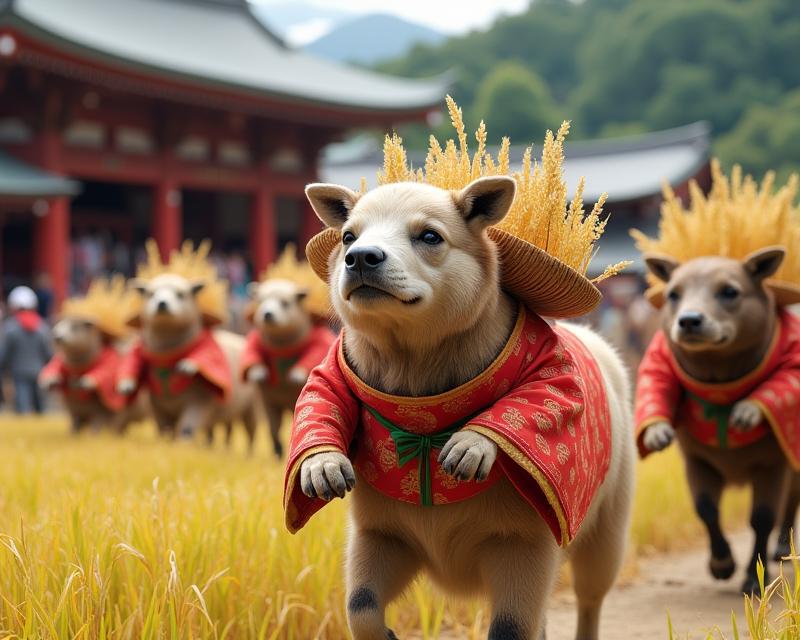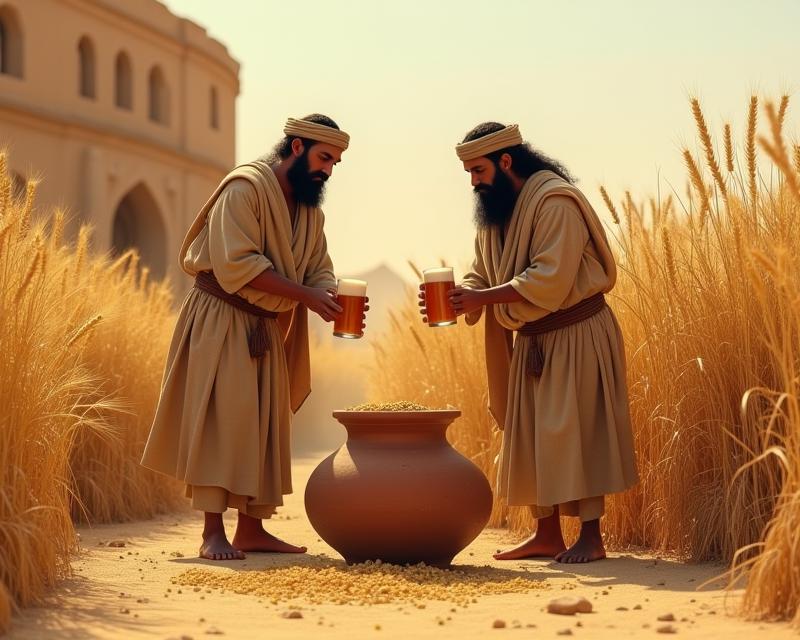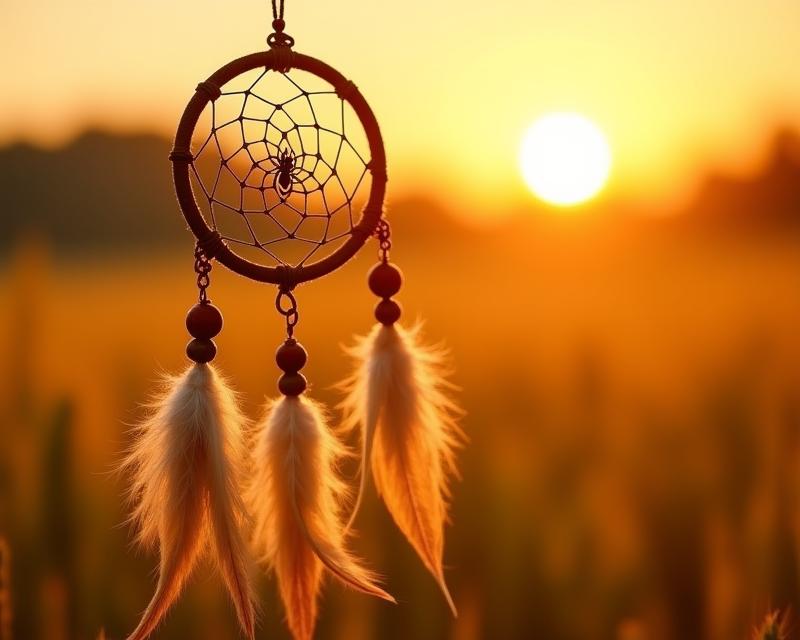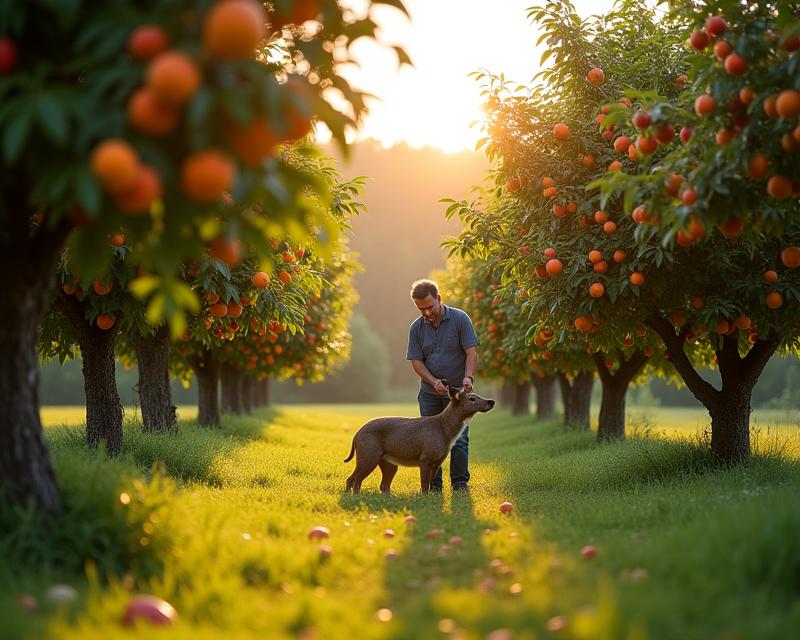Japan's Harvest Celebrations: Ancient Roots
Publish in Farm Life el 21/07/2025 20:38
Japan's Harvest Celebrations: Ancient Roots
Farmers, gardeners, and ranchers, have you ever wondered how cultures around the world honor the cycles of planting and harvesting? Japan boasts a rich tradition of agricultural festivals deeply intertwined with Shinto beliefs, offering a fascinating glimpse into the connection between food, spirituality, and community. These aren't just fun events; they're living traditions that reflect a profound respect for the land and the bounty it provides.

Shinto, Japan's indigenous religion, emphasizes the sacredness of nature. Many agricultural festivals, known as *matsuri*, are rooted in this belief system. They are often held to give thanks to the *kami*, or spirits, believed to inhabit the land, rivers, mountains, and even specific crops. These rituals aren't about demanding a good harvest; they're about fostering a harmonious relationship with the natural world and ensuring continued prosperity. The festivals mark important points in the agricultural calendar – the beginning of planting and the culmination of the harvest.
One of the most prominent examples is the *Chitham Matsuri*, celebrated in many regions. This festival, often held in early spring, is dedicated to ensuring a bountiful rice crop. Rituals involve prayers for rain, offerings of rice and sake to the *kami*, and processions carrying decorated floats. Similarly, *Inari Matsuri*, dedicated to Inari, the Shinto god of rice, prosperity, and agriculture, is widely celebrated throughout the year. These festivals often feature vibrant parades, traditional music, and delicious food stalls offering seasonal treats. You'll find elaborate displays of rice stalks and other crops, symbolizing gratitude for the land's generosity.
Beyond the religious aspects, these festivals are vital for community bonding. They provide a time for farmers to share knowledge, celebrate their collective efforts, and strengthen social ties. Many festivals include competitions showcasing agricultural skills, such as rice planting contests or displays of the best produce. These events serve as a reminder that farming is not just an individual endeavor but a shared responsibility and a vital part of cultural heritage. Learning about these traditions can offer valuable insights into sustainable farming practices and the importance of respecting the natural world. They demonstrate that successful agriculture is built not only on hard work but also on a deep connection to the land and a sense of community. Perhaps incorporating elements of these ancient traditions into your own farm life could foster a deeper appreciation for your work and the land you cultivate.
Further Exploration: Many local communities have their own unique harvest festivals. Researching the traditions in your region can offer a fascinating connection to your local agricultural history and the people who came before you.





